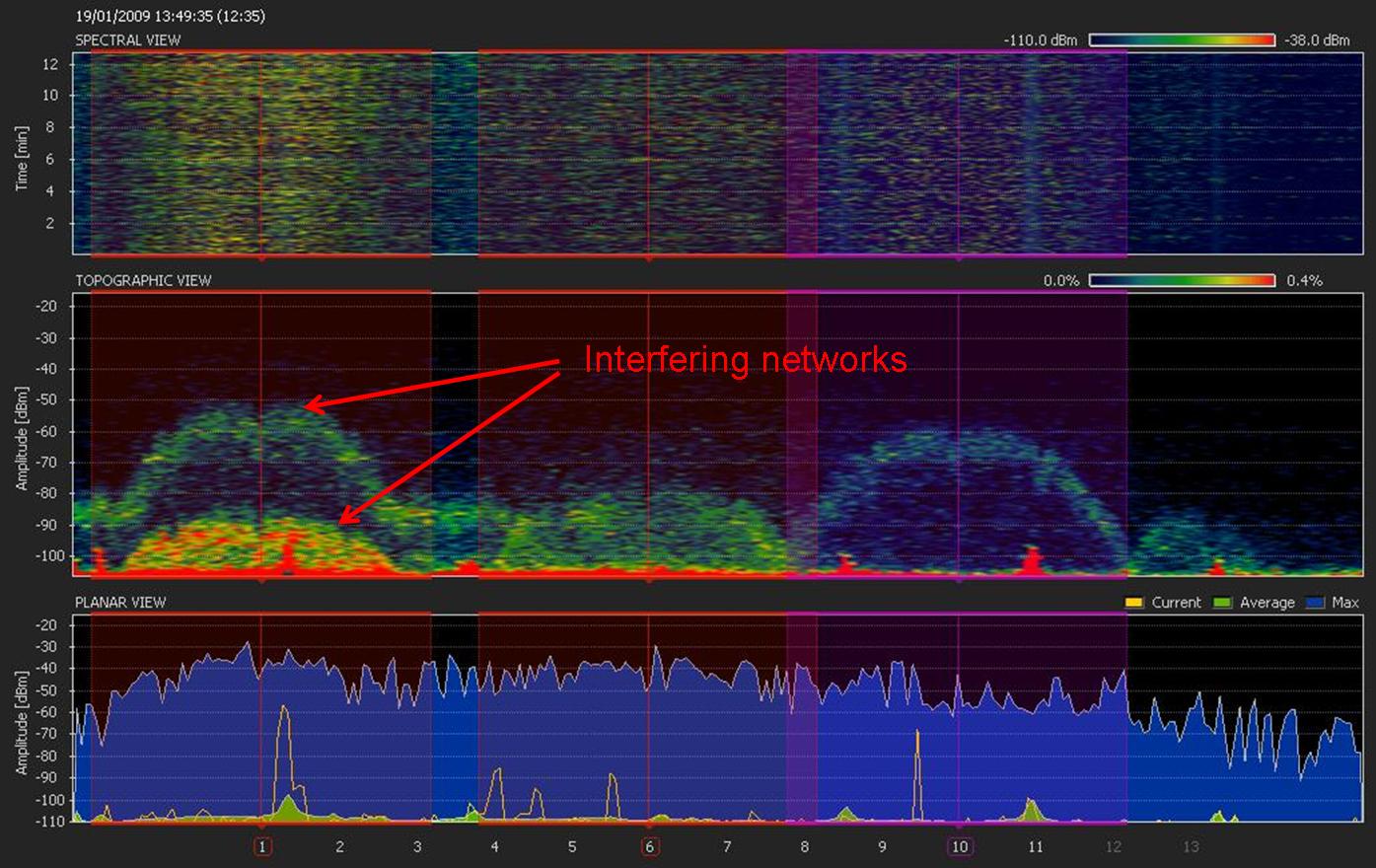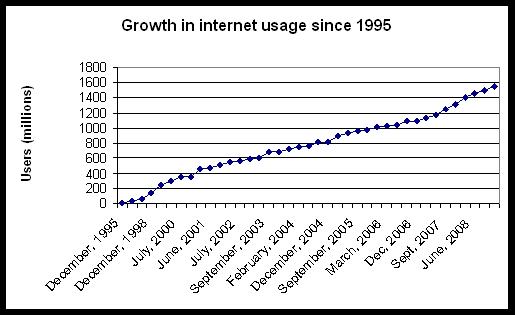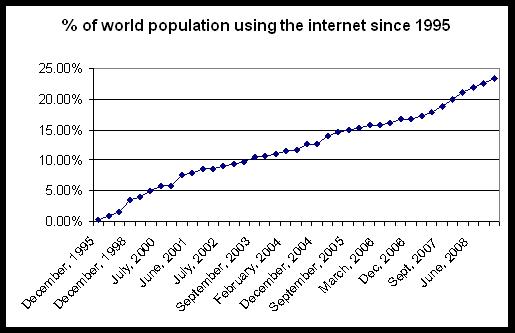Had a day working from home today. Nothing to do with the snow actually but my car is in being fixed after failing its MOT. Nothing major so don’t worry – just time consuming 🙂 .
I had a hugely productive day. Interestingly, whilst I spent much of the time on the phone, of the 26 calls my log tells me I made half of them were to people not in their office but working from home because of the snow. Only a few calls were made that actually cost any money, those to suppliers.
Most people I spoke with would not have known that I was at home were it not for the conversations on the subject of the weather, a peculiarly British phenomenon I think.
What is also interesting is how the house rules work. I long since lost the use of my study to the dreaded TV. I thought I could control it! Because of this if I’m working from home, which is actually only occasionally because I like being in the office, I work in the kitchen or the conservatory. Both have Cat5 cabling for the VoIP phone.
Today the whole family was off school (my wife is a teacher) and celebrating but it meant that working in the kitchen didn’t make sense due to the human traffic. Also the conservatory was not the warmest place in the house. So I ended up working in the living room in front of the log fire – the living room also has Cat5 – doesn’t everyone’s.
The living room therefore became the no go area that was exclusively mine and everyone obeyed the rules. My pointreally is that the issue concerning homeworking is no longer whether you can do a proper days job. VoIP and broadband now makes this easy, at least when working for Timico. The issues now relate to whether you have a suitable working environment at home that allows you to be productive. Not everyone has suitable space.
I thought I’d share this picture with you – the open fire in the living room. Very pleasant when it is snowing outside – even though it was the MOT that kept me at home. By the way the kitchen also has a number of Cat5 points – doesn’t everyone’s?







